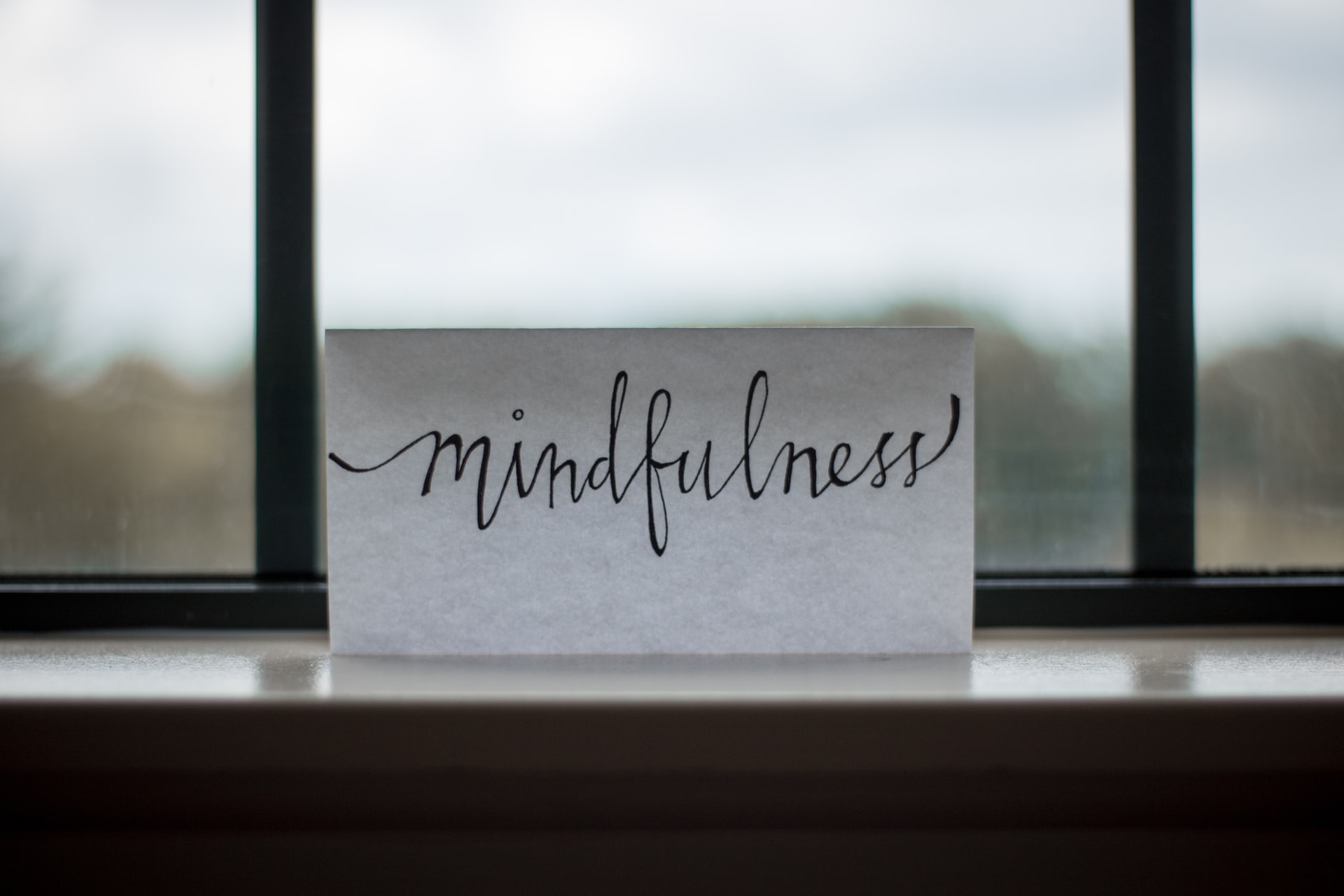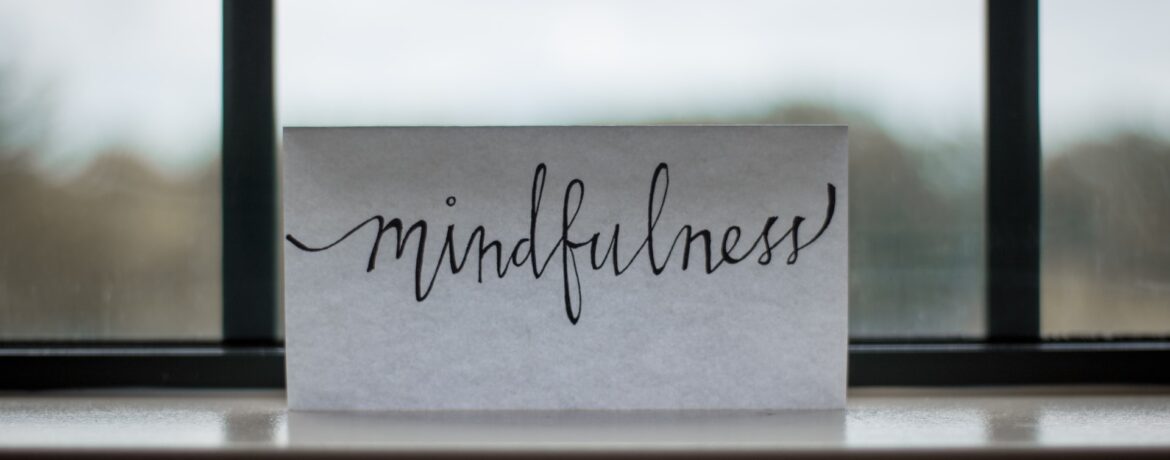In a world in which learning the art of balancing a healthy lifestyle with life’s demands is a vital skill, self-care can feel like a scarce commodity or a guilty luxury. Have you ever been working but were caught up in thinking about some form of self-care you would rather be doing? Then, have you ever found yourself doing that form of self-care at a future time only to find yourself thinking about work? In both of these scenarios we are not living our lives in the present moment, so we are not really living (the present moment is the only moment we are actually alive in, since the past is over and the future hasn’t arrived yet). Sometimes it is our stress level and our mental and physical health that reminds us that we can’t serve from an empty vessel, can’t make our own beautiful unique music without practice, tuning, and maintaining the instrument that we are, and can’t leave ourselves out of the compassion that we direct toward others and the important causes of the world we live. Mindfulness helps us to come home to ourselves, be more present in our own bodies, and pay curious and kind attention to what we are experiencing in the here and now. Jon Kabat-Zinn is credited with bringing secular mindfulness to the Western world through his Mindfulness-Based Stress Reduction Programs, originally in hospitals. He defines mindfulness as “the awareness that arises from paying attention, on purpose, in the present moment and non-judgmentally”. Mindful Schools, where I completed the Year-long Mindfulness Educator Training Program, states that “mindfulness means maintaining a moment-by-moment awareness of our thoughts, emotions, bodily sensations, and surrounding environment with openness and curiosity.” The idea is that by attending to what we notice in the present moment, whether our breath, sounds, body sensations, thoughts, or emotions, with curiosity and compassion, we can build up our capacity to remain aware and present in this moment and meet our experiences more skillfully, rather than constantly getting caught up in distraction, automatic thinking (lacking intentional objective awareness), or habitual patterns of reacting.

When we cultivate our own mindfulness practice we begin to rewire the brain. A Harvard study showed that participants who practiced mindfulness over a period of 8 weeks, 5 out of 7 days, even just 20 minutes a day, showed significant changes in the structure of the brain, particularly a thickening of cells in the pre-frontal cortex (the logical, rational, and emotional regulation center of the brain, where thinking and problem-solving occur) and less activation and a shrinking of the region of the brain known as the amygdala (the stress response region of the brain responsible for fight, flight, or freeze but which is not able to distinguish true emergency from strong emotion). Mindfulness of the breath, mindfulness of the body, including the body scan and relaxation techniques, mindful self-compassion and loving-kindness practices (sending kind thoughts to oneself and others and meeting one’s stress and challenges with self-kindness), and cultivation of the heart (through heartfulness practices, such as gratitude and generosity) all help to change our relationship to stress, decrease worry, lower blood pressure, increase feelings of connection, strengthen the immune system, and increase our mental and emotional well-being. Practicing mindful awareness of the breath, sensations in the body, sounds, thoughts and emotions strengthen focus, attention, and objective observation. These practices are like a workout for the brain: they support memory, attention, and executive functioning. And mindfulness practices help change one’s relationship to stress, develop self-compassion, and cultivate healthier habits of the mind.
If you are interested in learning more about the benefits of mindfulness and which practices would best support your individual needs, contact me.
References
Jon Kabat-Zinn: Defining Mindfulness
What is mindfulness? The founder of Mindfulness-Based Stress Reduction explains. Mindful Magazine, JANUARY 11, 2017
The Harvard Gazette “Eight Weeks to a Better Brain,” by Sue McGreevey, January 21, 2011
Tags: Advice, Article

